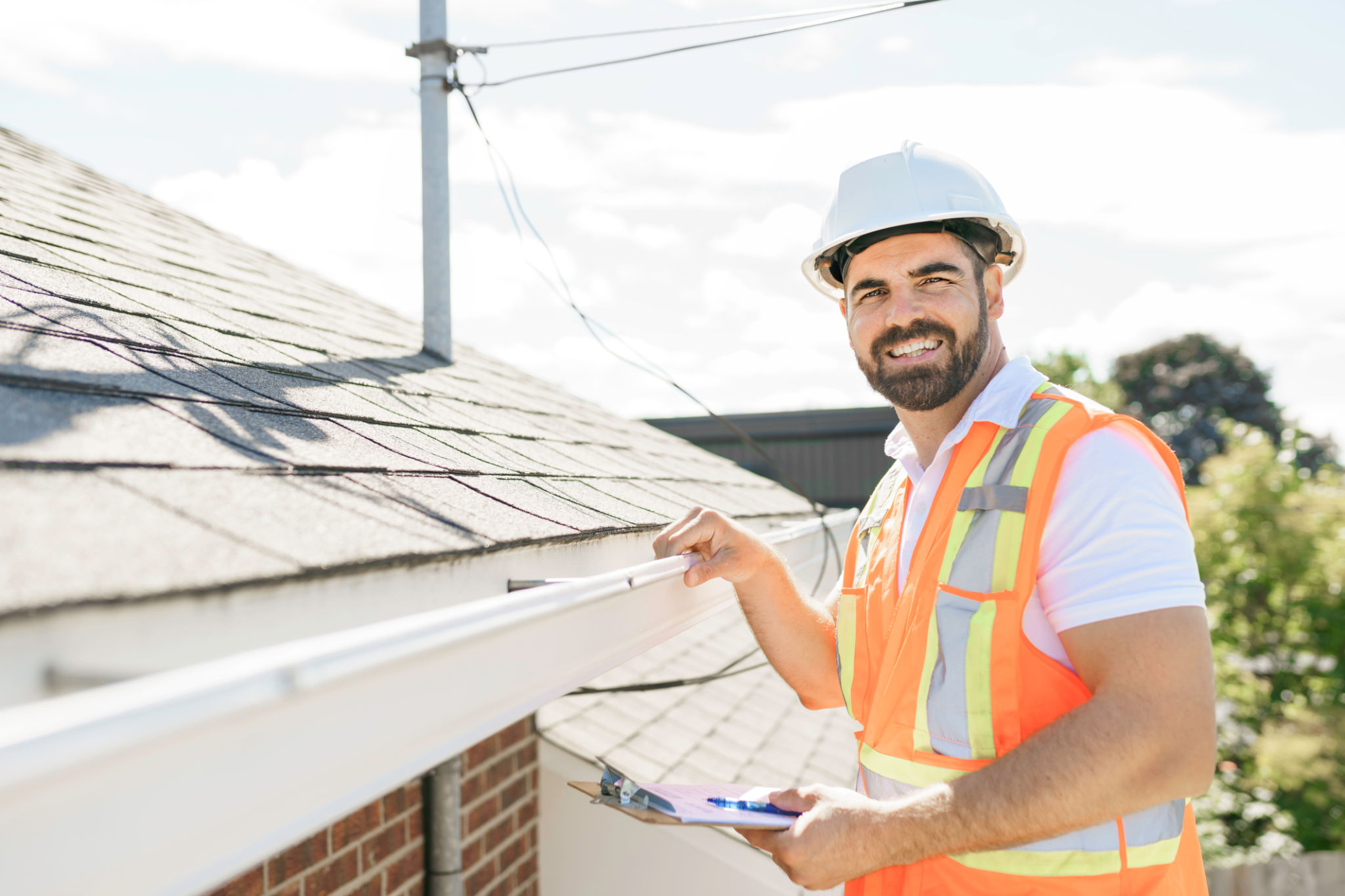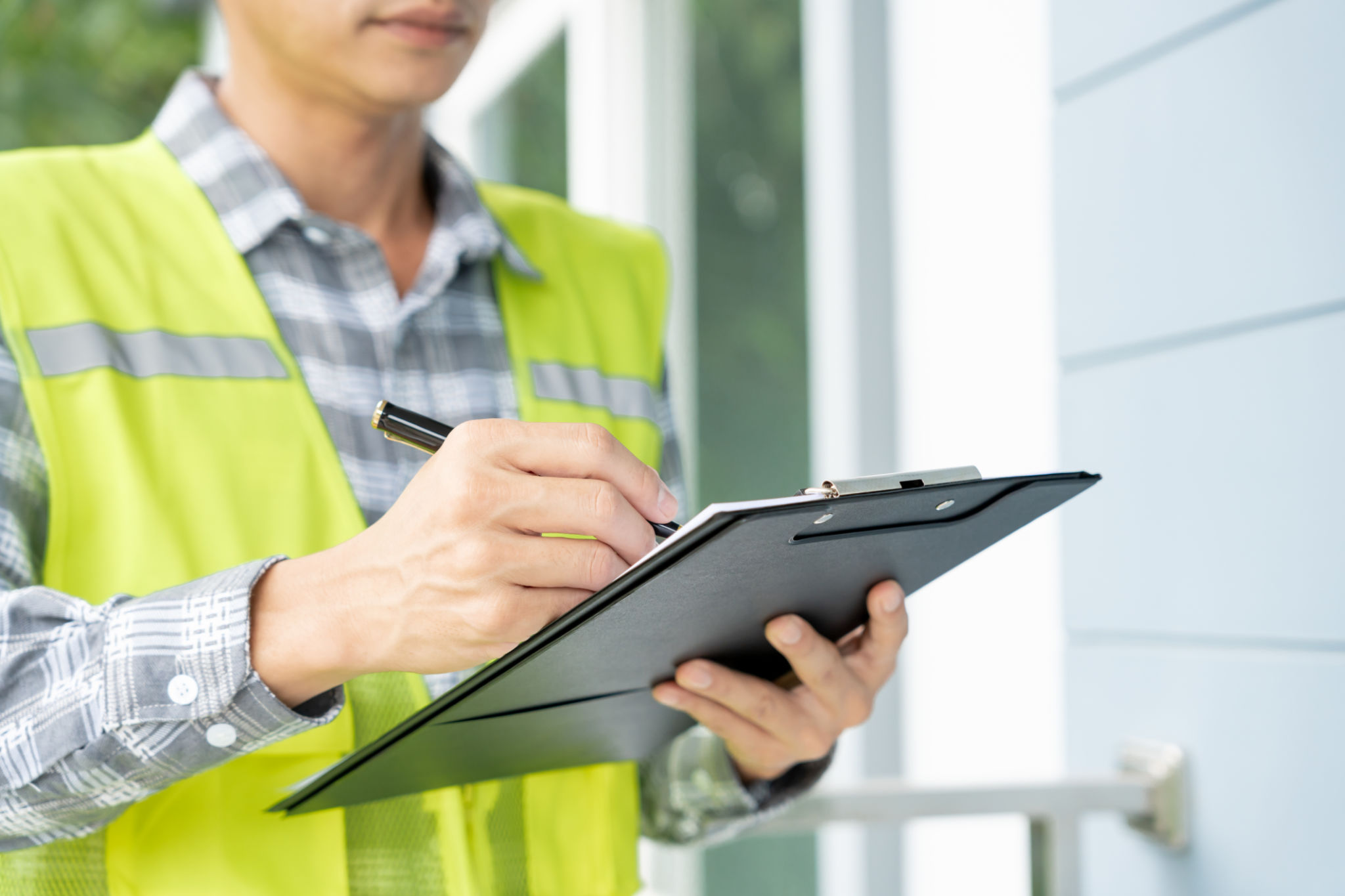Understanding the Home Inspection Process
What is a Home Inspection?
A home inspection is a comprehensive examination of a property's condition, typically conducted by a certified professional. The purpose of a home inspection is to identify any potential issues or repairs that may be needed before purchasing a home. This process provides both buyers and sellers with a clear understanding of the property's current state, helping them make informed decisions.

Why Home Inspections are Important
Home inspections are crucial because they can uncover hidden problems that may not be immediately visible to the untrained eye. These issues can range from minor repairs to significant structural concerns. By identifying these problems early, buyers can negotiate repairs or price adjustments with the seller, potentially saving thousands of dollars in future repair costs.

What to Expect During a Home Inspection
During a home inspection, the inspector will evaluate various components of the home, including:
- The roof and exterior
- Plumbing and electrical systems
- Heating and cooling systems
- Interior walls, ceilings, and floors
- Foundation and structural components
The inspection usually lasts a few hours, depending on the size and condition of the property. After the inspection, the inspector will provide a detailed report outlining their findings.

Choosing a Qualified Home Inspector
It's important to hire a qualified and experienced home inspector to ensure a thorough evaluation. Look for inspectors who are certified by reputable organizations such as the American Society of Home Inspectors (ASHI) or the International Association of Certified Home Inspectors (InterNACHI). Additionally, ask for references and read reviews from previous clients to gauge their satisfaction with the inspector's services.

Understanding the Inspection Report
The inspection report is a critical document that details the condition of the property. It typically includes descriptions of any defects, potential safety hazards, and recommended repairs. It's essential to review this report carefully and discuss any concerns with the inspector or your real estate agent. This understanding will help you prioritize repairs and negotiate with the seller if necessary.

Common Issues Found During Inspections
Some common issues that inspectors often find include:
- Roof damage or leaks
- Faulty wiring or outdated electrical systems
- Plumbing leaks or poor drainage
- Foundation cracks or settling
- Heating and cooling system inefficiencies
While these issues can be concerning, they are often manageable with the right approach and resources.

After the Inspection: Next Steps
Once the inspection is complete and you've reviewed the report, it's time to decide on the next steps. If significant issues are discovered, you may choose to negotiate repairs with the seller or adjust your offer. In some cases, buyers may decide to walk away from the deal if the problems are too extensive. It's essential to work closely with your real estate agent to determine the best course of action.

Conclusion
Understanding the home inspection process is vital for anyone buying or selling a property. It provides peace of mind and ensures that you are making a sound investment. By being informed and proactive, you can navigate the home inspection process with confidence and make decisions that align with your financial and personal goals.
